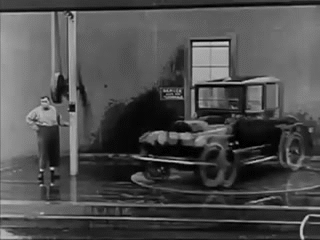Ridesharing offers advantages over taxis while destabilizing secure jobs. Like so much of the modern economy, it’s a victory for consumers at the expense of workers. The endgame for cabbies may be Lyft providing reservations in advance, something Uber has now emulated. The funny thing is the two services are locked in a death battle, each hoping to become a monopoly, and if Uber already had the field to itself, it never would have been able to ape its competitor’s innovation. That scenario would be bad for both workers and consumers.
From the Economist:
One of the things that appeals to business travellers about Lyft is the ability to book cars in advance, a service the firm unveiled earlier this year. With Uber, on the other hand, clients can only book a ride as and when they want it, and must hope that there is a driver nearby (although there nearly always is). That explains why Uber announced last week that it will follow Lyft’s example and allow riders to book cars between 30 minutes and 30 days in advance.
All things being equal, that development will sound the death knell for taxis; expect cabs’ share of the business market to diminish to almost nothing in the coming years. That will leave only one battle worth watching: that between Uber and Lyft. In all likelihood, only one will be left standing. As Om Malik, a startup-watcher, pointed out in the New Yorker earlier this year, the importance of network effects means that most competition in Silicon Valley now leads towards one monopolistic winner.•

